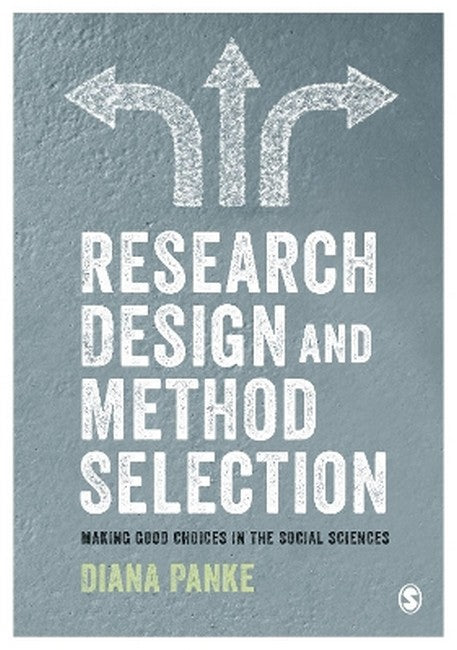Since 2012 Diana Panke is Professor of Political Science and holds the Chair in 'Multi-Level Governance' at the University of Freiburg. Previously she worked at the University College Dublin, the Free University Berlin and the University of Heidelberg. She specialized in International Relations, Comparative Regionalism, and Social Science Research Methods. Her research interests include international negotiations, small states in international affairs, multilateral diplomacy, international norms, the design of international institutions, European Union politics as well as compliance and legalization. In these fields, she has published journal articles in a variety of outlets such as Review of International Organizations, International Political Science Review, European Journal of International Relations, British Journal of Politics and International Relations, Comparative Political Studies, Cooperation and Conflict, Journal of Common Market Studies, Journal of European Public Policy, Journal of European Integration, International Relations, or International Politics. Her books have appeared with Palgrave, ECPR Press, Manchester University Press, and Ashgate.
Request Academic Copy
Please copy the ISBN for submitting review copy form
Description
Chapter 1: Introduction: the Basics of Social Science Research Designs Deductive and inductive research Explanatory and interpretative research designs Deductive, explanatory research designs and their core components Research design choices: x-centered and y-centered projects Quality criteria for social science research Chapter 2: Detecting Puzzles and Selecting Good Research Questions Research questions' essentials How to find empirical puzzles and select a good explanatory research question Feasibility How to make choices: selecting good research questions Chapter 3: Working with Theories Why do we need theories for explanatory social science projects? Selecting theories: how many and which ones do we need? Working with theories: how to develop and select hypotheses? Making choices: which and how many theories and hypotheses to use? Chapter 4: Qualitative, Quantitative, and Mixed-Method Projects-How to Make the Choice Advantages and disadvantages of quantitative and qualitative projects Mixed-method combinations: Advantages and challenges Qualitative, quantitative and mixed-method projects - How to make a choice? Chapter 5: How to Select Cases What is a case? Case selection: An essential task for comparative research How many and which cases should be selected? Making choices: How to select cases? Chapter 6: Making Choices between Methods of Data Collection The measurement of variables Overview of data sources and methods of data collection Databases and compendiums Primary Sources: Documents Interviews Surveys and questionnaires Focus groups Participant observation The importance of triangulation The importance of data management Summary - Choices on data collection Chapter 7: Making Choices between Qualitative Methods of Data Analysis Types of Comparisons in Qualitative Case Studies Process-tracing Summary: Choosing between methods of qualitative analysis Chapter 8: Making Choices between Quantitative Methods of Data Analysis Detecting variable types and describing variables Choosing between linear and logistic regression analysis Choosing between advanced methods of quantitative data analysis Chapter 9: Making Choices in Writing and Sharing Research Writing techniques Disseminating research outputs
This text provides user friendly illustrations, exercises and practical research tips. It consolidates understanding by simplifying what can, at times, be deemed as complex methodological issues. -- Rachael Aplin This textbook provides graduate students with tools to make sound decisions while planning, conducting and analysing research. It guides students in asking appropriate research questions, applying theory, choosing among quantitative or qualitative methods through the analysis and writing the manuscript. -- GinaMarie Piane This textbook is a detailed guide on how to set up a research project. It is an excellent tool for students studying social research methods as well as for practitioners working with research in the government, NGO, and corporations. -- Mikhail Balaev An essential text to support graduate students and novice researchers think critically about the multiple decisions required in designing a rigorous research study. -- Susan Jack

